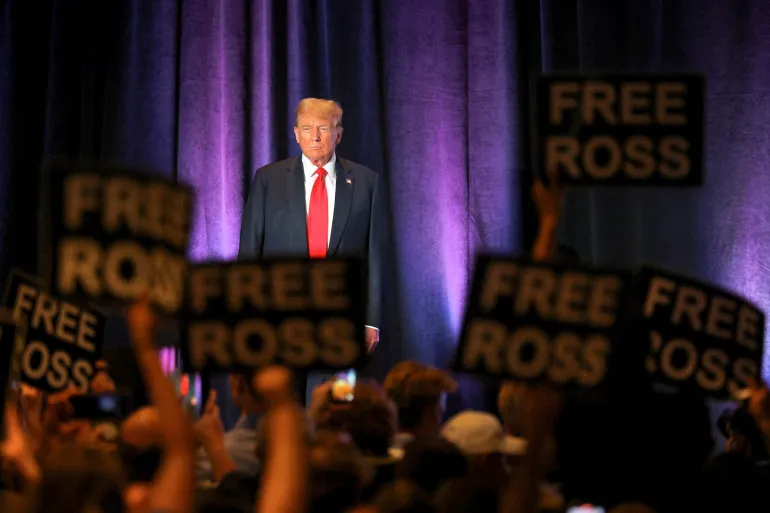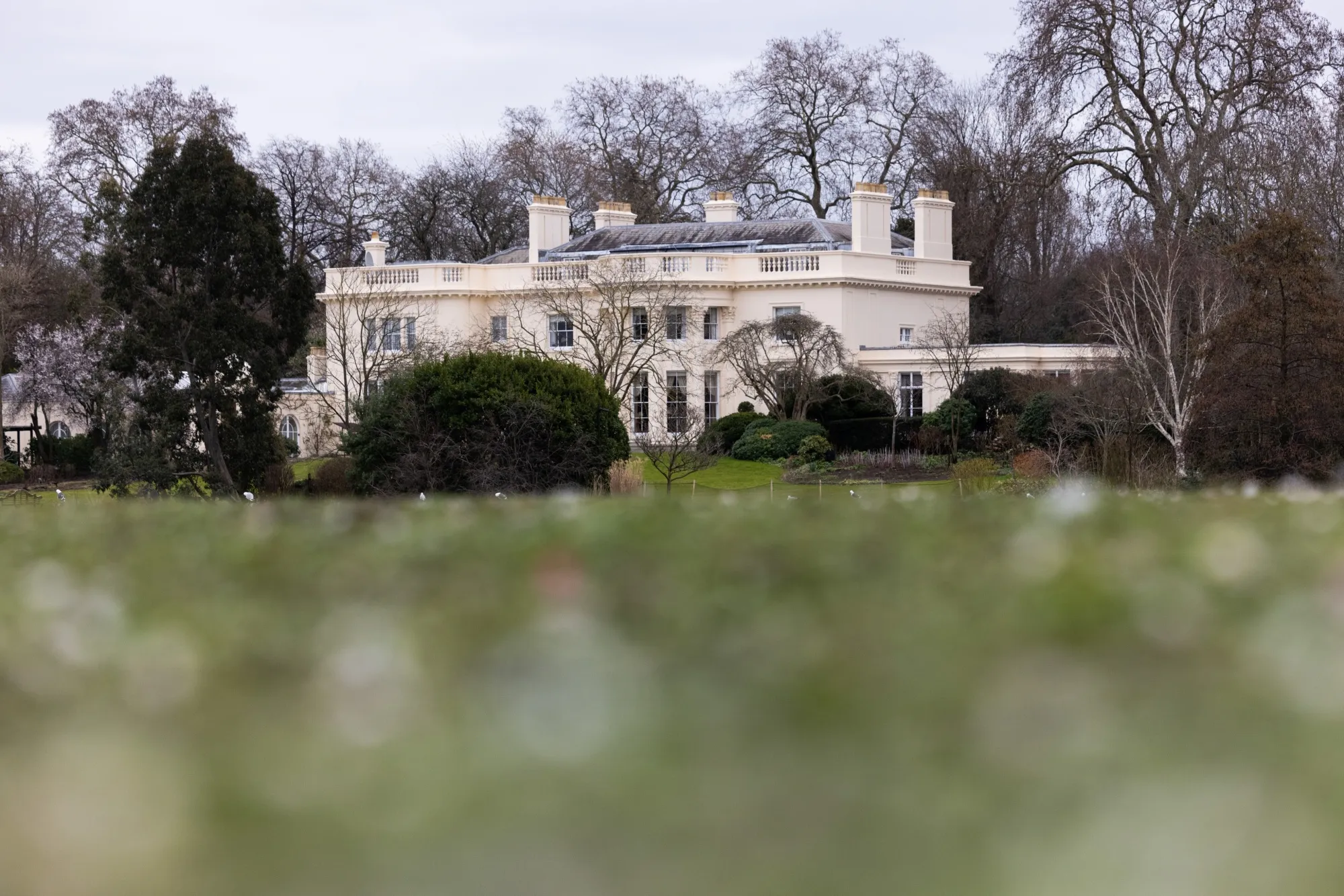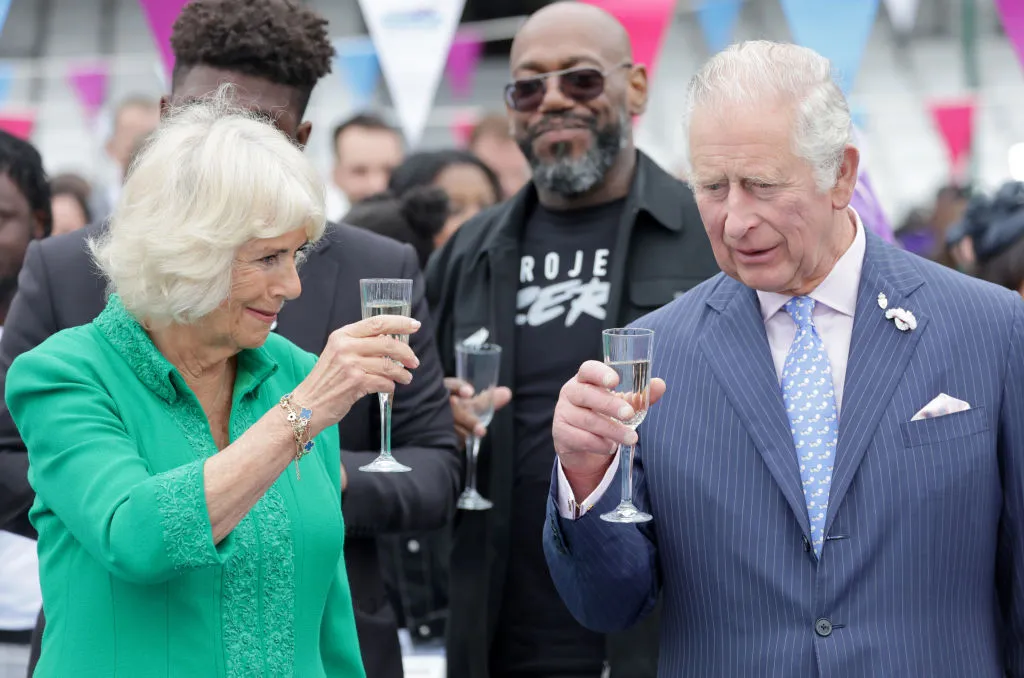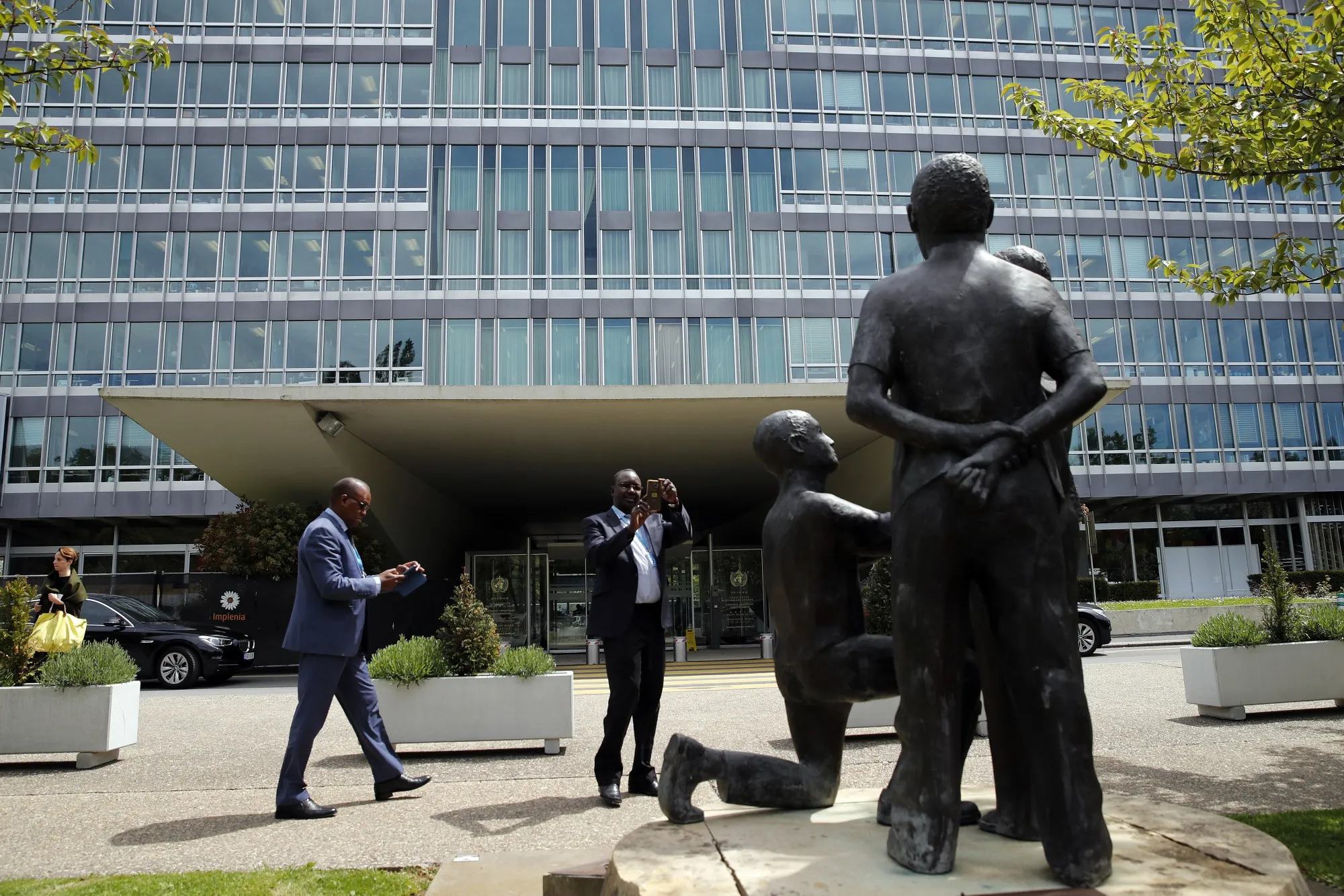New Zealand Prime Minister Apologizes for Widespread Abuse of Children in Care
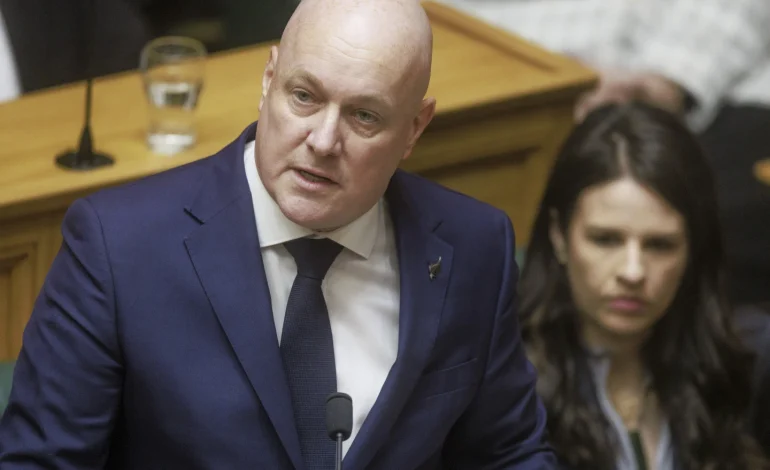
New Zealand Prime Minister Christopher Luxon delivered a “formal and unreserved” apology in Parliament on Tuesday for the widespread abuse, torture, and neglect of hundreds of thousands of children and vulnerable adults in state, foster, and church care over seven decades, The Associated Press reports.
“It was horrific. It was heartbreaking. It was wrong. And it should never have happened,” Luxon said, addressing lawmakers and a public gallery packed with survivors of the abuse.
The apology comes in response to a damning report released in July by a six-year inquiry, deemed the largest ever undertaken in New Zealand. The report found that an estimated 200,000 people suffered “unimaginable” abuse, with Māori, New Zealand’s Indigenous people, disproportionately affected.
“For many of you, it changed the course of your life, and for that, the government must take responsibility,” Luxon said, acknowledging the government’s responsibility for the actions of previous administrations. He expressed sorrow for the suffering caused by the abuse and the lack of action taken to protect vulnerable individuals.
The inquiry’s findings, deemed a “national disgrace,” highlighted the systemic failures within institutions responsible for caring for children and adults. The abuse, which included physical, sexual, verbal, and psychological harm, as well as neglect and exploitation, affected nearly a third of the estimated 650,000 individuals in care between 1950 and 2019.
Despite the government’s apology, some survivors and advocates expressed dissatisfaction with the lack of concrete plans for financial redress. Luxon announced that a single redress system would be established in 2025, but did not provide details on the expected financial payout.
The government has pledged to implement 28 of the inquiry’s 138 recommendations, including a ban on strip searches of children, a national remembrance day on November 12th, and the removal of perpetrators’ names from street signs.
However, the apology was met with mixed reactions from survivors, with some expressing skepticism and anger over the government’s response. The severity of the abuse and the lack of accountability for perpetrators have fueled frustration among survivors, who believe the government has not fully grasped the extent of the horror.
The inquiry’s recommendations also include seeking apologies from state and church leaders, including Pope Francis, prosecuting abusers, reforming civil and criminal law, and searching for unmarked graves at psychiatric facilities.

